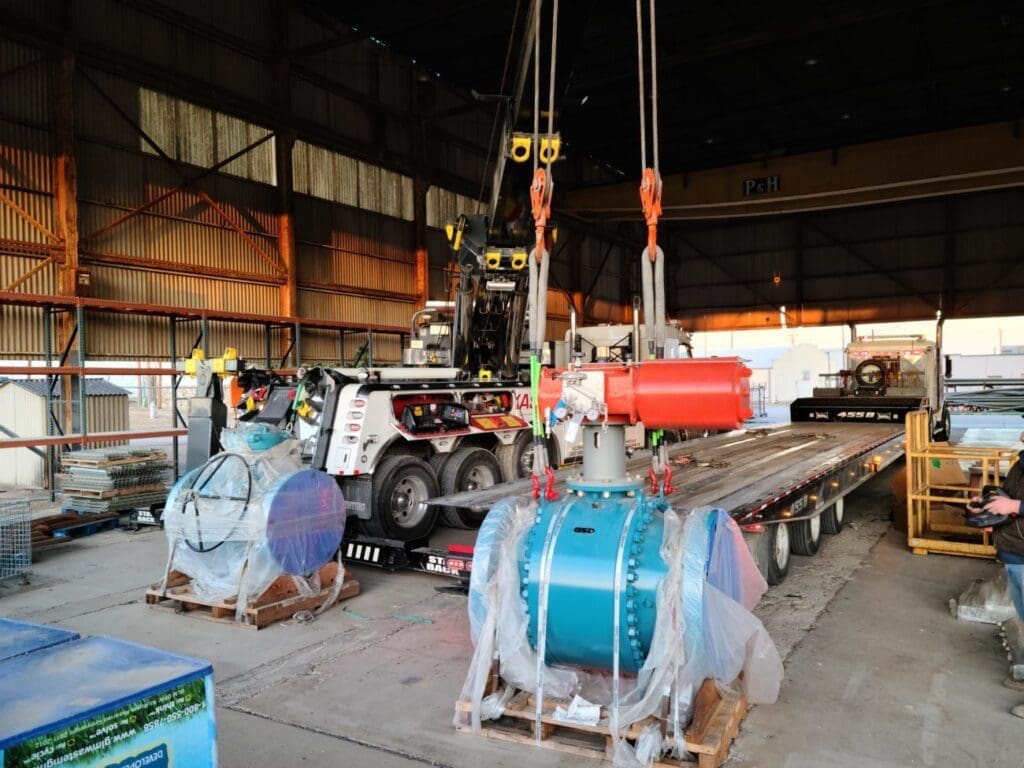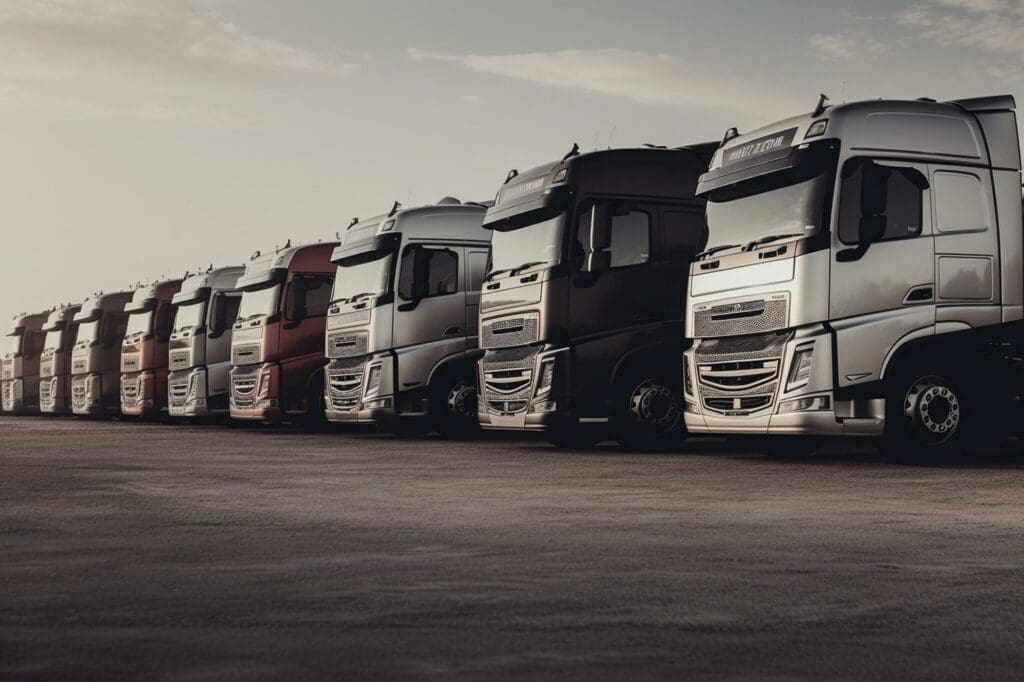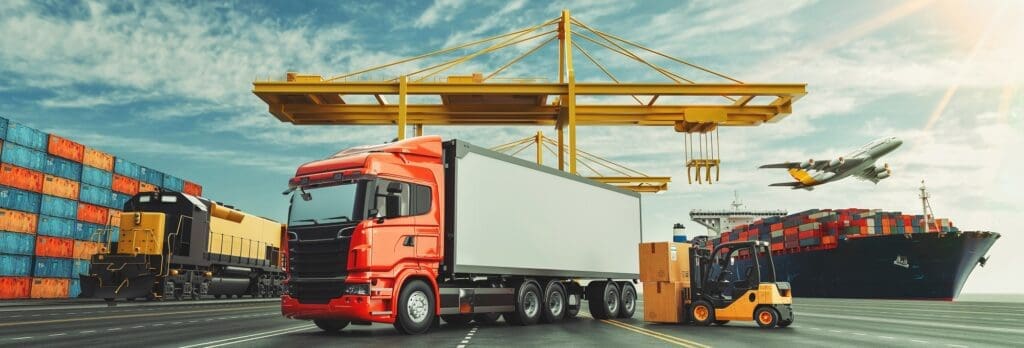We are only just about halfway through the hurricane season and already the U.S. has been hit with two devastating Category 4 hurricanes, one of which made landfall three times. If you are participating in the relief effort and are sending heavy machinery or generators, the Federal Emergency Management Agency and state disaster and relief authorities have taken action clearing the way for fast delivery.
Hurricanes Harvey and Irma created two system wide disruptions to shipping services in the continental United States in less than a month. Harvey dumped more than 20 trillion gallons of water on South Texas and Louisiana, damaging or destroying 85,149 homes, according to the Texas Division of Emergency Management. While authorities working on Irma’s aftermath in Florida and the U.S. Virgin islands have wildly different damage and destruction estimates, everyone agrees it is catastrophic.
Federal and state authorities do not want weight and size restrictions to slow you down. They have partially or completely lifted, at least temporarily, regulations governing oversize and overweight truck shipping for the transport of relief cargo.
Heavy Hauling Emergency Relief Rule Changes
Like heavy hauling in general, each state in times of a declared emergency, disaster and recovery will administer regulatory decisions that are particular to the state’s circumstance. As an example, disastrous wildfires in the Plains states destroyed swaths of pasture, prompting Missouri to provide haulers with free permits and allow travel at night if the oversize loads were hay.
The Florida and Texas DOT made immediately available “permitless” oversize and overweight transportation of relief related cargo within their states. The entire cargo must be for relief assistance. Both states require the driver to carry the governor’s disaster proclamation, and in Texas an additional waiver available on its website.
The Federal Government Difference
When the president issues an Emergency Declaration or a Declaration of Disaster, the MAP-21 Emergency Relief Permit rules automatically come into force. Heavy haul loads using this permit must be solely intended for relief assistance activities.
There is, however, one very important difference: the MAP-21 Emergency Relief Permit only covers overweight loads, not overwidth, overlength, or overheight loads. These overweight loads can be transported on any state or federal roads, plus the interstate highway system.
The MAP-21 Emergency Relief Permit is fairly pain-free as it is self-issued and available via the state DOT websites. Like the states’ emergency and disaster relief requirements, the driver must carry a copy of the various applicable declarations. The permit is good for 120 days after the president issues the declaration.
What More You Need to Know
While the federal permit is in effect for roughly four months, each state can change their rules at will. Your shipping agent should know this and check with the state department of transportation regularly.
Routing could be difficult as often roads are initially impassable, and weight restriction for bridges usually remain in effect. Often, but not always, overweight and oversize loads delivering relief related cargo can travel at night and without escort vehicles. Nevertheless, adherence to all safety regulations is required.
Shipping to a disaster area is not cheap. Because the time it may take to reach the destination will likely take more time than normal, and because fuel prices usually go up in the affected area, expect shipping rates that are more expensive than usual.
Lastly, and perhaps most importantly, if you are preparing to respond to an impending emergency or disaster, call your shipping agent immediately. The more time your agent has to organize drivers, permitting, and plan for your specific load, the more seamless the process will be.
Next Exit Logistics provides shipping services for oversize and overweight relief assistance loads to any emergency or disaster. Read our account of transporting more than 100 generators in response to Hurricane Mathew.
We make and keep a commitment to our clients: no matter what challenges we face, we will get your shipment to its destination!
To learn more about our services, call Next Exit Logistics at 866-624-2661. You also contact us via e-mail.




